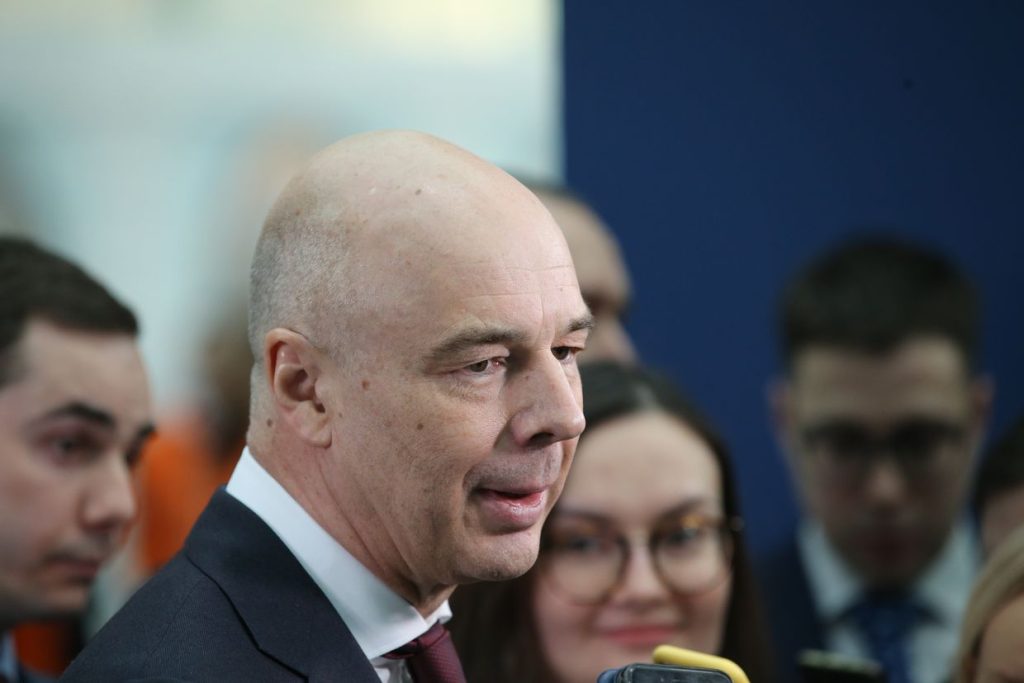The Russian Finance Ministry is proposing significant tax increases on corporations and wealthy individuals to address the fiscal deficit caused by the full-scale invasion of Ukraine. These tax changes are expected to generate about 2.6 trillion rubles annually, with the goal of funding the ongoing war that has already cost Russia over $211 billion. The proposed tax increases are set to be implemented in 2025 and will raise approximately $29 billion every year, impacting around 2 million people. Exceptions will be made for soldiers, and families with multiple children will receive refunds. The corporate tax rate is set to increase from 20% to 25%, contributing an additional $18 billion to the budget in 2025 and $125.3 billion by 2030. The U.K. Defense Ministry had previously warned in November 2023 that Russia’s economy was at risk of overheating due to increased military spending, labor shortages, and rising inflation. Despite these challenges, Russia’s economy has shown resilience but is increasingly reliant on a smaller number of trade partners following the invasion.
The United States has accused China of providing “every support behind the scenes” to Russia in its war in Ukraine, labeling China’s actions as destabilizing in the heart of Europe. This accusation comes as tensions between the U.S., Russia, and China continue to escalate, with the U.S. threatening more sanctions against China for its alleged support of Russia. The involvement of China in the conflict adds another layer of complexity to the situation in Ukraine and poses challenges for diplomatic efforts to resolve the crisis. The U.S. has made it clear that any support for Russia’s actions in Ukraine will not be tolerated, and further actions may be taken to deter countries from backing the Russian military intervention.
As Russia continues its military campaign in Ukraine, the costs of the war have been mounting, with the country already spending over $211 billion on the conflict. In response to the fiscal strain caused by the invasion, the Russian Finance Ministry is proposing significant tax increases on corporations and wealthy individuals to generate additional revenue. The tax changes, set to be implemented in 2025, aim to raise approximately $29 billion annually and impact around 2 million people. Exceptions will be made for soldiers, and families with multiple children will receive refunds to ease the burden of the tax increases. The proposed corporate tax rate increase from 20% to 25% is expected to contribute $18 billion to the budget in 2025 and $125.3 billion by 2030.
The U.S. accusations against China for supporting Russia’s actions in Ukraine have further complicated the geopolitical dynamics of the conflict. The U.S. has condemned China’s backing of Russia as destabilizing in Europe, adding pressure on China to reconsider its stance on the conflict. The threat of additional sanctions against China underscores the seriousness with which the U.S. views Chinese support for Russia in the war. The involvement of China in the conflict raises questions about its strategic interests in the region and its implications for global security. The U.S. is taking a firm stance against any countries that support Russia in its military intervention in Ukraine, signaling a tough approach to deterring further interference in the conflict.
Despite the economic challenges posed by the war in Ukraine, Russia’s economy has shown resilience in the face of increased military spending, labor shortages, and rising inflation. However, concerns about the sustainability of Russia’s economy have been raised, with the U.K. Defense Ministry warning of the risk of overheating due to these factors. The proposed tax increases by the Russian Finance Ministry aim to address the fiscal deficit caused by the conflict, with the goal of funding the ongoing war effort. The reliance on fewer trade partners following the invasion has highlighted the economic vulnerabilities of Russia and the need for sustainable measures to manage the financial implications of the conflict. The tax changes are expected to provide a significant boost to the budget, but the long-term economic impact of the war remains uncertain.
In conclusion, the situation in Ukraine continues to escalate, with Russia’s military intervention in the country leading to significant economic challenges and international tensions. The proposed tax increases by the Russian Finance Ministry aim to address the fiscal deficit caused by the conflict and fund the ongoing war effort. The accusations against China for supporting Russia in the conflict have added another dimension to the geopolitical dynamics of the crisis, with the U.S. threatening more sanctions against China for its alleged involvement. The economic resilience of Russia in the face of these challenges, coupled with concerns about the sustainability of its economy, underscores the complexities of the situation and the need for diplomatic efforts to de-escalate the conflict. As the conflict in Ukraine continues to unfold, the role of key players like Russia, China, and the U.S. will be crucial in shaping the future trajectory of the crisis and its ramifications on the global stage.


